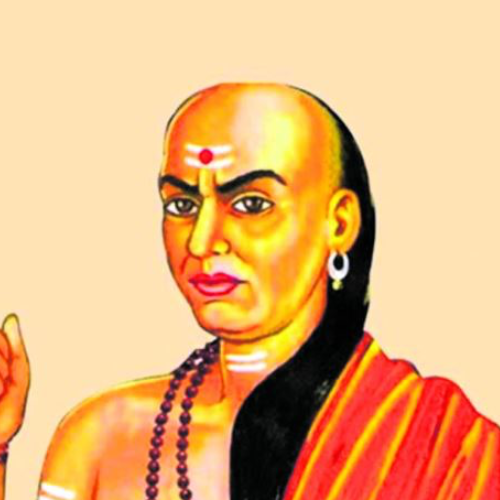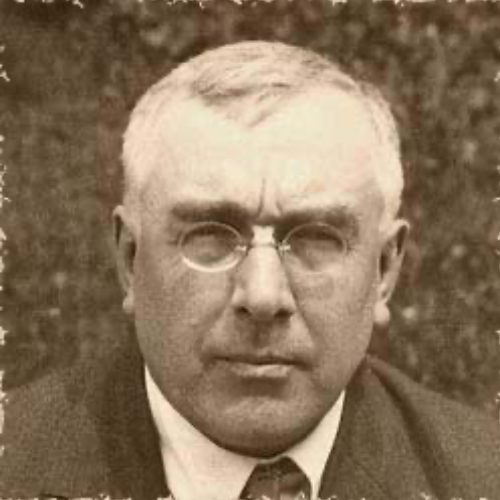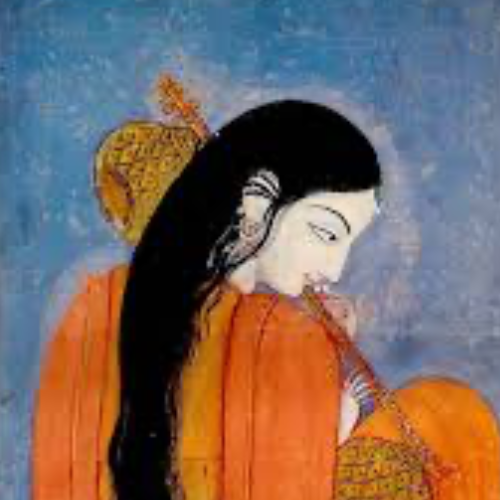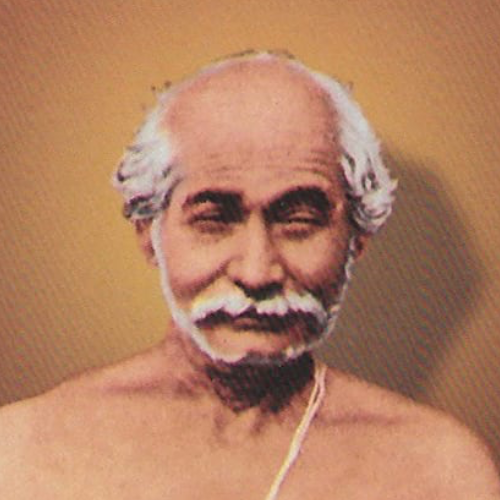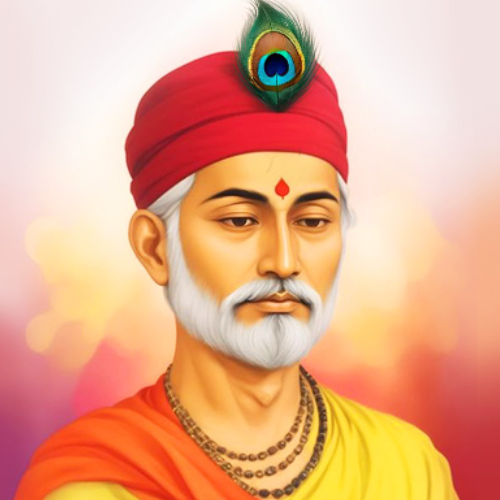The mind is prone to be reactionary if not trained, and an untrained mind creates disorder, disease, and confusion. If one does something with full attention, he will increase his awareness and ability to perform his duty. If one forms the habit of attending fully to whatever he is doing, the mind will become trained, and eventually concentration will become effortless.
When the senses are well-controlled and withdrawn from contact with the objects of the world, then sense perceptions no longer create images in the mind. The mind is then trained in one-pointedness. When the mind no longer recalls thought-patterns from the unconscious, a balanced state of mind leads to a higher state of consciousness. A perfect state of serenity established in sattva is the highest state of enlightenment. The practice of meditation and non-attachment are the two keynotes. A very firm conviction is essential for establishing a definite philosophy of life.
Learn to identify with the source of light and life.
Many times a day the mountains change their colors, because the sun is at the service of these mountains.
The first principle of learning to be still is regular practice, the second is patience, the third is observation, and the fourth is analysis.
The spiritual seeker should not worry about who the guru is, or what the guru will do. The seeker’s first concern is getting prepared, organizing his or her life and thoughts in a spiritually healthy way, and then working toward a way of life that simplifies and purifies. At the right time, the master will be there.
If individuals breathe through the right side, they said, they tend to become more active and aggressive, more alert and more oriented toward the external world. Breathing through the left side, on the other hand, produces a quieter, more passive psychological state, one more oriented toward the inner world.
The highest guiding principle in marriage should be the principle of selfless service to one's partner.
Grace is only possible with a disciple who has gone through a long period of discipline, austerity, and spiritual practices. When a student has done these practices and followed the teacher’s instructions with all faithfulness, truthfulness, and sincerity, then the subtlest obstacle is removed by the master. The experience of enlightenment comes from the sincere effort of both master and disciple. When you have done your duties skillfully and wholeheartedly, you reap the fruits gracefully. Grace dawns when action ends. Shaktipata is the grace of God transmitted through the master.
The breath is a bridge between body and mind.
You should never give up working with yourself.
God is One. There cannot be two or more. For if there were two God's who created them? There must have been someone who came before them. Therefore God is only One - One Final Absolute Existence. Everything else is a manifestation of Him.
You should do your duty in the world with love, and that alone will contribute significantly to your progress in the path of enlightenment.
Decide that no matter what happens, you will do what you set out to do. If you are determined, possible distractions will still be there, but you will continue on your path and remain undisturbed.
A perfect human being is one who has attained the state of samadhi.
Jealousy is an evil which grows in the womb of ego and is nourished by selfishness and attachment.
Only one who is well established in the stage of nirvikalpa samadhi is an illumined yogi, and only such a yogi can truly guide other aspirants. Such a yogi is beyond the bondage of space, time and causation, and he is ever free, for it is possible for him to remain dissolved in brahman and yet return to normal consciousness.
Careful vigilance and observation lead the student to study the incoming thoughts from the unconscious mind. The yogis recall all their samskaras, watch them, examine, and even select and reject them according to their need. Those thought patterns that are disturbing are rejected by the yogis, and those that are helpful are strengthened. A deep study of these three states-waking, dreaming, and sleeping-reveals that, with the help and practice of yoga nidra, one can go beyond all the levels of the unconscious.
It is impossible to understand what exists through reasoning or intellectual debates. Absolute truth cannot be scientifically proven because it cannot be observed, verified, or demonstrated through sensory perceptions. (...) This is why scientists cannot come to any objective conclusion about the immortality of the soul and the afterlife, and in any case, nothing could convince them. (...) The objective world is only half of the universe. What we perceive through our senses is not the world in its entirety. The other half, which includes the mind, thoughts, and emotions, cannot be explained by sensory perceptions of external objects. (...) The soul has not been created. It is essentially consciousness and is perfect. After the dissolution of the gross body, everything remains latent. The soul survives.
Once you turn your focus inward, the process of transformation will begin; then you will become aware of the many levels of consciousness.
The word guru is a compound of two words, gu and ru. Gu means darkness and ru means light. That which dispels the darkness of ignorance is called guru. The energy and action of removing darkness are guru. Guru is not a person, it is a force driven by grace.
Belief in God, and experiencing the presence of God at every moment, are two different things. Before the actual direct experience of the truth, one may believe in the existence of God, but that belief remains imperfect.
There is a problem with your concept of enjoyment. You need an object to enjoy, and then you depend on that object. You search for an object, and you work hard to obtain that object; then you are disappointed, because no object has the capacity to give you enjoyment.


